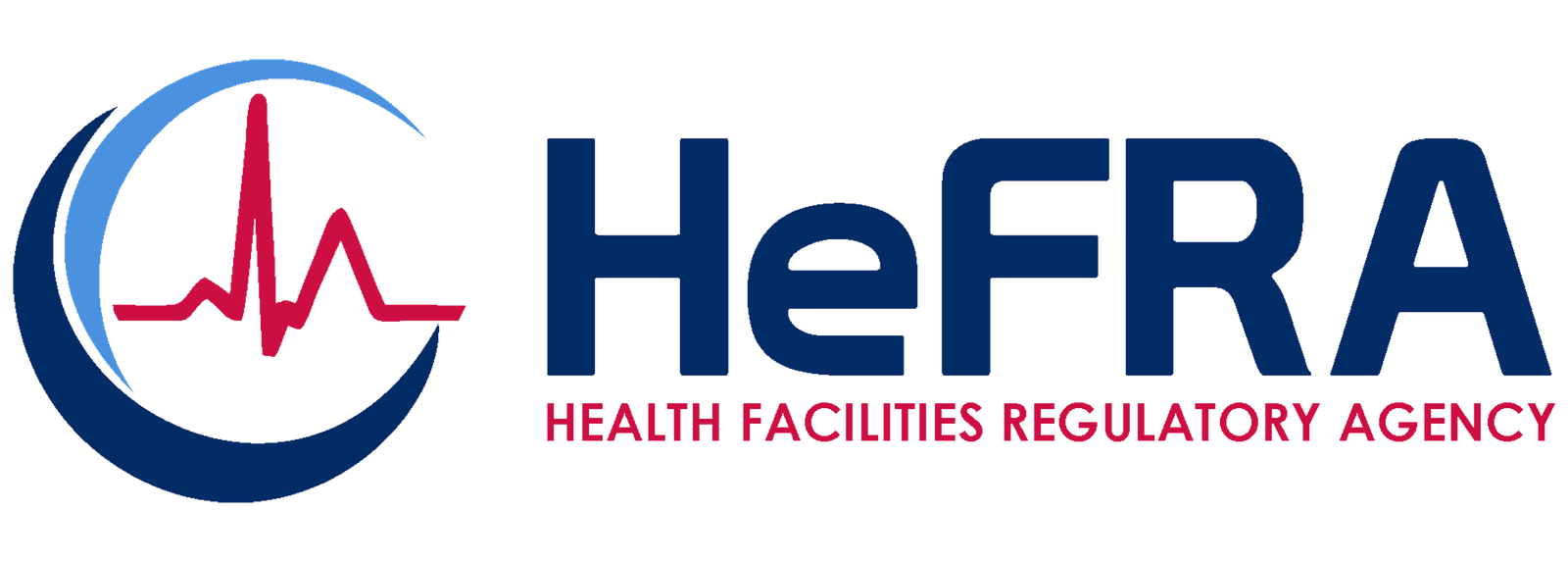
Ghana’s Birth Journey: Antenatal Care, Labor Tips, and Postpartum Wisdom 🤰👼
Childbirth is a significant and life-changing event for every family. In Ghana, there are many traditions, myths, and beliefs around pregnancy and delivery—some helpful, some harmful, and others simply misunderstood. This article will guide you and your partner through what to expect before, during, and after labour and delivery, dispel common myths, and provide information on possible complications.
Images are only illustrative; may not pass an academic critique
PART 1: BEFORE DELIVERY
1. Antenatal Care (ANC)
Importance of Early and Regular Check-ups
- It is essential to start antenatal care as early as possible—ideally within the first three months of pregnancy.
- Regular check-ups help healthcare professionals monitor the growth of your baby, check for any complications, and provide necessary vaccinations (for instance, tetanus injections).
- Early detection of health issues like high blood pressure, anaemia, and infections can save both mother and baby from complications later.
Nutrition and Healthy Habits
- Balanced Diet: Focus on eating fruits, vegetables, whole grains, and proteins. Aim to include iron-rich foods (beans, green leafy vegetables, meat, fish) to prevent anaemia.
- Supplements: Your doctor or midwife may recommend prenatal vitamins including iron, calcium, and folic acid. These help in proper development of the baby’s brain, bones, and blood cells.
- Staying Hydrated: Drink plenty of clean water to reduce the risk of urinary infections and dehydration.
- Exercise: Safe exercises like walking, gentle stretching, and pregnancy yoga help keep the body fit and prepare you for labour. Always seek medical advice on the best exercise routines for your condition.
Images are only illustrative; may not pass an academic critique
2. Emotional and Psychological Preparation
Involving Your Partner
- It’s beneficial when your partner (husband or family member) is actively involved. They can accompany you to ANC visits, help with household chores, and provide emotional support.
Preparing for Labour
- Birth Plan: Discuss with your healthcare provider about your birth preferences (position during delivery, pain relief, etc.).
- Hospital Bag: Pack essential items for you and your baby (clothes, diapers, sanitary pads, toiletries, baby blanket) well in advance.
- Support System: Have phone numbers of your doctor, midwife, or hospital on standby. Identify relatives or friends who can help with transport or childcare if needed.
3. Common Myths and Clarifications
- Myth: Taking certain herbal concoctions will guarantee an easy delivery. Truth: Many herbal mixtures have not been scientifically proven to be safe. Some can cause complications like bleeding or uterine contractions at the wrong time. Always consult your healthcare provider before taking any herbal medicine.
- Myth: Only women with big bellies have difficult labour. Truth: The size of the belly does not accurately predict the ease of labour. Factors like the baby’s position, maternal health, and pelvic structure are more important.
- Myth: Labour pain means something is going wrong. Truth: Labour pain (contractions) is a natural process. The pain helps the cervix to dilate and prepare for childbirth. Pain management techniques are available if needed.
Images are only illustrative; may not pass an academic critique
PART 2: DURING DELIVERY
1. Signs of Labour
- Regular Contractions: Strong, painful contractions that come at regular intervals and do not stop.
- Water Breaking: A sudden gush or slow trickle of fluid. This could indicate that the amniotic sac has ruptured.
- Lower Back Pain and Pelvic Pressure: Increasing pain around the back and pelvis.
- Bloody Show: A small amount of blood or mucus discharge.
When you notice these signs, especially if contractions are getting closer and more intense, call your healthcare provider or head to the hospital.
2. In the Labour Ward
Admission and Initial Assessment
- A nurse, midwife, or doctor will check your vital signs (blood pressure, pulse, temperature), monitor the baby’s heartbeat, and do a vaginal examination to see how far the cervix has dilated.
Pain Management and Comfort Techniques
- Breathing Exercises: Slow, deep breathing during contractions can help calm you and provide more oxygen to your baby.
- Medication: Depending on the hospital and your preference, options such as epidurals or other pain-relieving injections may be available.
- Positioning: Sometimes changing positions—walking, squatting, sitting on a birthing ball—can ease pain and help the baby move into the correct position.
Images are only illustrative; may not pass an academic critique
Progress of Labour
Labour happens in three main stages:
- First Stage: Cervix dilates from 0 to 10 centimetres. Contractions become stronger and more frequent.
- Second Stage: Once fully dilated, you start pushing until the baby is born. This can last from a few minutes to a couple of hours.
- Third Stage: Delivery of the placenta, usually within 30 minutes after the baby’s birth.
3. Possible Delivery Methods
- Vaginal Delivery: The most common and natural way when there are no major complications.
- Caesarean Section (C-Section): Surgical delivery through an incision in the abdomen. This may be necessary if there is fetal distress, placenta problems, or if labour is not progressing.
- Assisted Delivery: Sometimes tools like forceps or vacuum may be used to help guide the baby out if pushing becomes difficult, but your doctor will explain and decide if this is necessary.
4. Common Myths Around Delivery
- Myth: The husband or partner should not be in the delivery room. Truth: The presence of a supportive partner during labour can help reduce a mother’s anxiety and pain, and promote bonding. Resource constraints and cultural observations may however challenge this.
- Myth: Hot compresses or sitting on hot water immediately forces the baby out. Truth: Applying extreme heat may be dangerous, cause burns, and does not necessarily speed up labour. Always follow professional medical advice.
Images are only illustrative; may not pass an academic critique
PART 3: AFTER DELIVERY
1. Immediate Postpartum Care
Mother’s Check-up
- After delivery, nurses will examine you to ensure you are stable. They will check your blood pressure, monitor bleeding, and ensure the placenta is fully delivered.
Baby’s Check-up
- The baby’s breathing, heart rate, weight, and body temperature will be assessed. The umbilical cord is clamped and cut.
- In Ghana, Vitamin K injections and other necessary newborn medications are often given to prevent bleeding and infections.
2. Breastfeeding and Nutrition
- Breastfeeding within the First Hour: Early breastfeeding (referred to as “the golden hour”) stimulates milk production (colostrum) and strengthens the baby’s immunity.
- Proper Latching: Your midwife or nurse can show you the best way to help your baby latch onto the breast.
- Continuing a Healthy Diet: Keep up with a balanced diet to support milk production and your own recovery.
3. Postpartum Care at Home
- Rest and Support: New mothers need plenty of rest. Family members and partners can assist with household chores and baby care.
- Postnatal Visits: Attend all scheduled postnatal check-ups. These visits help detect any issues like infections, postpartum depression, or feeding problems early.
- Hygiene: Keep the perineal area clean if you had a vaginal tear or episiotomy. This helps prevent infections.
4. Complications to Watch Out For
- Postpartum Haemorrhage (Excessive Bleeding): If you notice heavy or continuous bleeding, dizziness, or severe weakness, seek urgent medical care.
- Infections: Fever, foul-smelling vaginal discharge, or redness, swelling around the stitches (if any) could indicate infection.
- High Blood Pressure: For mothers who experienced pre-eclampsia or eclampsia during pregnancy, monitoring blood pressure postpartum is crucial.
- Postpartum Depression: Persistent sadness, difficulty bonding with your baby, or extreme worry can be signs. Don’t hesitate to talk to a healthcare provider if you feel overwhelmed.
5. Common Myths and Misconceptions After Birth
- Myth: Only hot water baths or steams can shrink the womb faster. Truth: While warm baths can soothe aches, they do not drastically speed up womb shrinkage. The uterus naturally contracts back over time.
- Myth: Evil spirits cause complications in mothers who just delivered. Truth: Complications are typically due to medical reasons such as infections, high blood pressure, or anaemia. Seeking care from qualified professionals is key.
Images are only illustrative; may not pass an academic critique
PART 4: THE ROLE OF TRADITIONAL HEALERS AND HERBAL REMEDIES
Many Ghanaians often consult traditional healers before, during, or after pregnancy. While cultural beliefs are important, be cautious and remember:
- Seek Professional Medical Advice: Herbal medicines are not regulated in the same way as prescription drugs. Some can cause harm or interfere with treatments provided in clinics or hospitals.
- Combine Wisdom: If you choose to involve traditional practices, ensure it complements modern medical care, not replace it. Always inform your doctor or midwife about any herbal remedies you plan to take.
CONCLUSION
Labour and childbirth in Ghana can be made safer and less stressful when families are well-informed and prepared. By following antenatal care schedules, eating a balanced diet, avoiding harmful practices, and debunking myths, you can increase your chances of a healthy delivery for both mother and baby. Always remember:
- Early and Regular ANC: Helps detect and manage complications.
- Stay Informed: Understand the stages of labour, pain management, and delivery methods.
- Medical Supervision: Seek professional help when signs of labour begin and for postpartum care.
- Community Support: Encourage family and loved ones to support the mother emotionally and physically.
- Myth Busting: Trust qualified healthcare professionals over unproven claims.
If you have any concerns or questions at any stage of your pregnancy or postpartum period, do not hesitate to consult a doctor, midwife, or nurse at your nearest hospital or clinic. Your health and your baby’s health are paramount. Stay safe, stay informed, and enjoy this beautiful journey to parenthood!
- From Bump to Baby: 🤰 A Ghanaian’s Journey Through Pregnancy 🌟👶
- 🩸 Sacred Cycles: A Ghanaian Woman’s Guide to Menstrual Health & Pride
- Nourishing Generations: A Ghanaian Mother’s Ultimate Breastfeeding Handbook 🤱🍼
- Fibroids and The Ghanaian Woman: Simple Steps to Protect Your Womb 👩💖🎈
- Little Steps, Big Futures: Simple Ghanaian Tips for Raising Thriving Kids 🌟👶🧠

We Love to Educate for Free
But please do not self-medicate as wrong doses of even correct medications can cause serious complications like kidney failure and even death. You can talk to a LICENSED health professional (including medical doctors, specialists, physician assistants, clinical psychologists, nutritionists/dieticians, medical herbalists, etc) by downloading the Deluxe Hospital app here:










